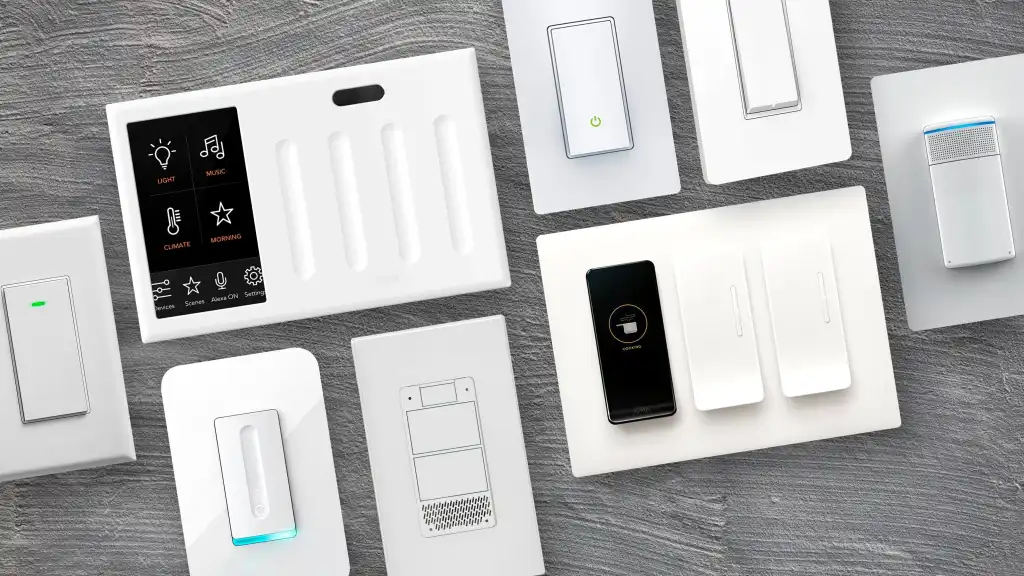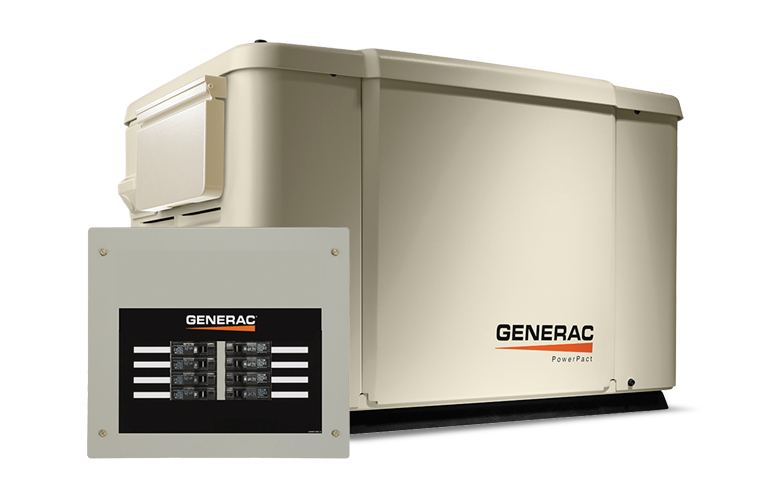
NJ Electrical Contractor
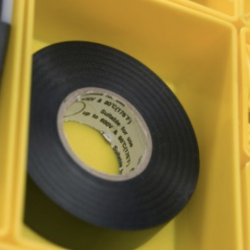 Mikulka Electric is a full-service NJ Electrical Contractor that serves the Central New Jersey area. Whether it’s a minor residential repair or a large scale commercial project, Mikulka Electric is equipped with the expertise, experience and knowledgeable staff to get the job done. Mikulka Electric, Inc. has a solution for you. As the best in Monmouth County residential electrical contractors, we handle GFCI’s, generators and everything in between!
Mikulka Electric is a full-service NJ Electrical Contractor that serves the Central New Jersey area. Whether it’s a minor residential repair or a large scale commercial project, Mikulka Electric is equipped with the expertise, experience and knowledgeable staff to get the job done. Mikulka Electric, Inc. has a solution for you. As the best in Monmouth County residential electrical contractors, we handle GFCI’s, generators and everything in between!
NJ Electrical Contractor Blog
As the leading NJ Electrical Contractor, Mikulka makes it a priority to provide the community with important information about electrical issues. As part of providing that, we have made this blog available for free. This blog contains tips and information regarding all types of electrical problems and issues. We encourage you to look through these posts if you need information. Of course, if you have an electrical issue that needs fixed, you can always call us and we will help you immediately!

Holmdel Residential Electrician
Homeowners in New Jersey don’t often think about whether they need the services of a Holmdel residential electrician unless it becomes a big issue. Other than that, they live their lives and rarely give attention their home’s electrical system. There are...Marlboro Residential Electrician
When you’re looking to hire a Marlboro residential electrician to work on your home, it’s important to make sure you get quality work done at a reasonable price price. Choosing a Marlboro residential electrician who will do work up to par can be difficult...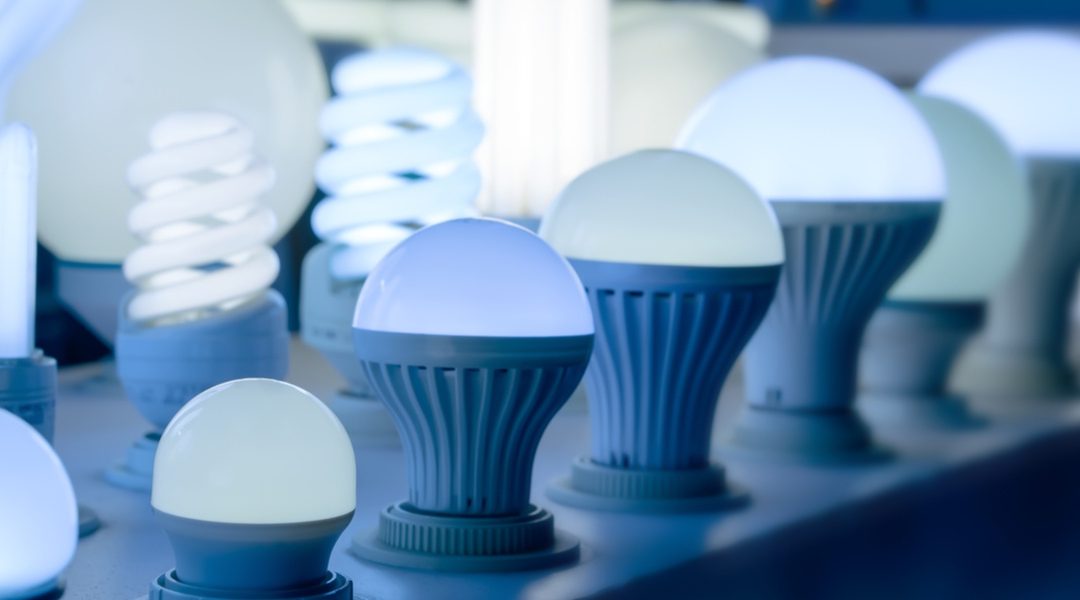
Lighting upgrades and modifications
LED lighting upgrades can be classified into three broad types based on how much the existing installation is modified: lamp replacements, retrofits and fixture replacements. You can normally achieve higher performance by upgrading more lighting system components,...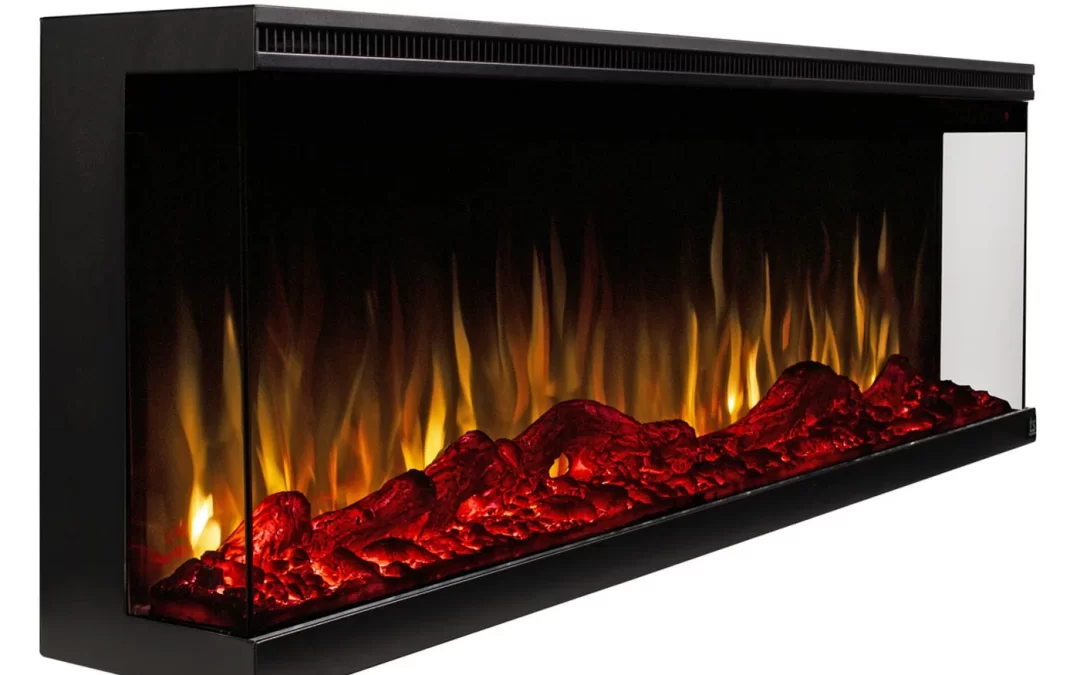
Electric Fireplaces
Most electric fireplaces come ready to use straight from the manufacturer’s box or may require an easy install. Installation can be compared to hanging a big or long canvas painting. The majority of this process can be accomplished by one person capable of following...